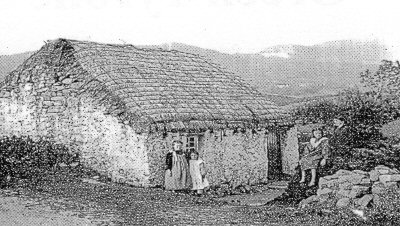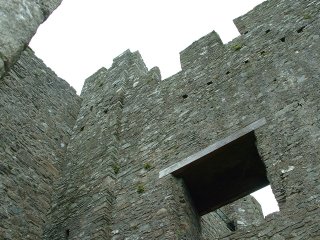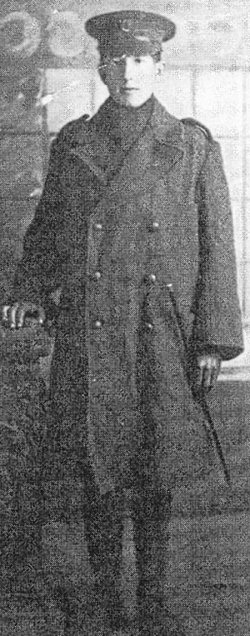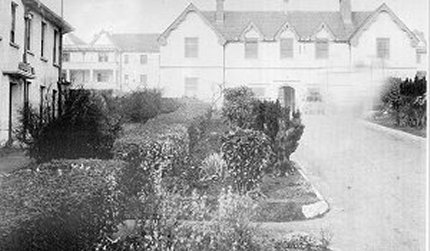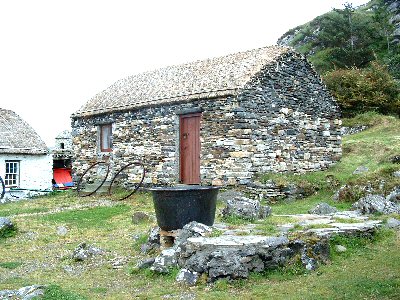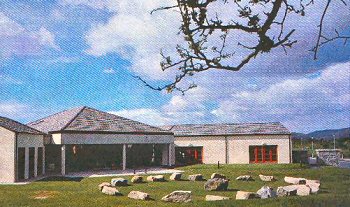John O’Hagan, Young Irelander, was of course, like John Mitchel and John Martin, from Newry and like them he was incensed with
1800-1900
John O’Hagan, Young Irelander
John O’Hagan was born in Market Street Newry on 19 March 1822. He was an able student and well schooled. At the age of twenty-three he was called to the bar and joined the Munster Circuit.
Crossmaglen Conspiracy
The so-called Crossmaglen Conspiracy of the 1880s rocked the Liberal Government of the time, brought the resignations of Joseph Chamberlain and of O. J. Trevelyan and the return, following a general election, of a Tory Government.
Halliday’s Folly
Crossmaglen 1838
Egyptian Arch
UnChristian Guardians 1860
Famine in Creggan
I find it maddening in the extreme – given that all of my forebears suffered untold hardships in this vicinity through the years of the Great Hunger of the mid-nineteenth century in Ireland – to hear a supposed authority like the former head of PRONI [named below] – at a public meeting recently in Newry – claim that our area was little affected.
Meredith Chambre
At all times in our history the English have been quick and extreme in exacting vengeance for any violent, direct action taken against landlords. Occasionally a select Committee of the Commons was set up to enquire into the circumstances. Such a Committee in 1852 took evidence from local big-wigs, clergy and the Attorney General for Ireland in the case of the attack upon Meredith Chambre of Killeavey earlier that same year. Chambre was shot and wounded, but made a full recovery.
The people were suffering extreme distress after the Great Hunger that was just then drawing to a close and harsh landlords were evicting many of the surviving cottiers and peasant farmers to amalgamate their holdings and convert them to pasture. Questions germane to this were posed to witnesses. One must accept that most were conscious that they would be seen as reflecting their community’s [or legal] position. The Attorney General insisted that Chambre had never dispossessed his tenantry and indeed, had expended
